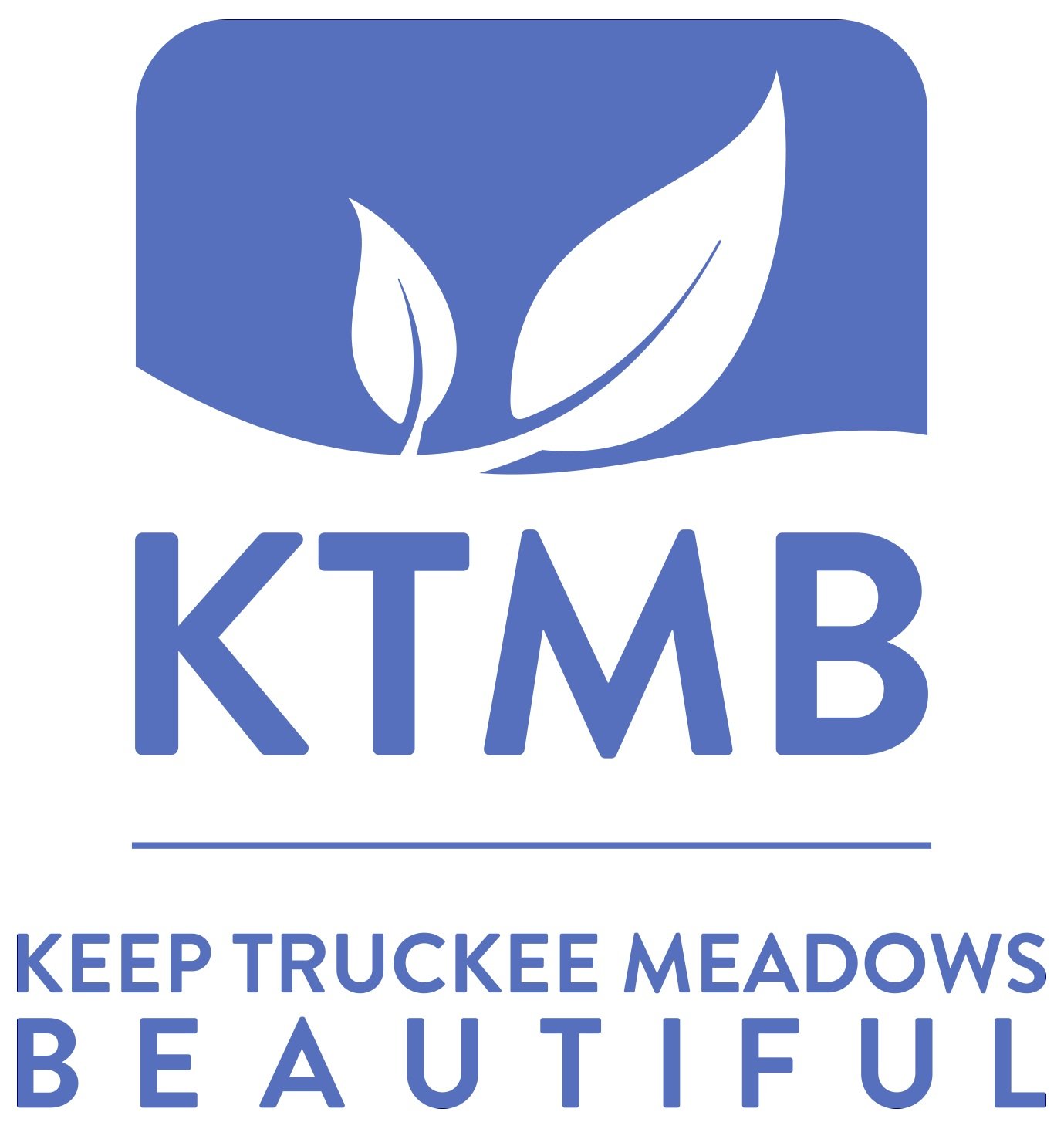Composting 101: A few tips to help you get started
Ever wonder what happens to your food after you throw it away? We tend to think it will decompose, however, once organic material ends up in a landfill it is very unlikely that it will ever fully break down. The reason for this is because decomposition requires four key resources: air, water, microorganisms, and sunlight. In a landfill, these resources are not available once trash items are buried. Interested in diverting some of your compostable waste from the landfill? Read on for some helpful resources on how to get started with composting.
First off, what is compost and what are the benefits?Compost is a rich humus made from decayed organic materials. Composting not only reduces the amount of waste you are sending to the landfill, but it also adds nutrients to your plants and helps retain soil moisture.
How do you compost at home? Firstly, you will need a place to build your compost - this could be a storage container, a large garbage bin, or even a patch of grass in your yard.
What is compostable? A successful compost is based on a ratio between two nutrients: Carbon and Nitrogen. Carbon-based materials are the energy food for the microorganisms while the Nitrogen-based materials supply the proteins needed for the microorganisms to grow and multiply. To maintain a healthy compost pile, it is important to maintain a healthy balance between these two nutrients. The happy ratio is about 30 Carbon to 1 Nitrogen; when this ratio is higher or lower, decomposition will slow or the pile can become stinky. There are some great resources available online to help you begin this process.
Examples of Carbon-based materials include bread, dry leaves, nuts and shells, shredded cardboard or paper, and eggshells - these materials tend to be dry and brittle in texture. Nitrogen-based materials include things like grass clippings, fruit and veggie scraps, dirt, and coffee grounds - Nitrogen-based organics tend to contain moisture. Be sure to check in on your compost pile - it is important that your compost is well aerated and slightly moist.
To keep your compost pile healthy and free of pests, it is recommended that you don’t add meat, bones, dairy products, pet waste or chemically-treated green waste to your compost.
Interested in composting, but don’t have the time or space? Composting correctly can be intimidating at first, so don’t be too hard on yourself! It can take a few tries before creating a successful compost that you can later use on your lawn or garden. A solution to this compost anxiety is Down to Earth Composting - a local company that dreams of reducing the amount of organic waste our community sends to the landfill as well as our carbon footprint. To do this, they have set up a system in which they sell you a bucket where you can store your compostable scraps and, if you live within their pickup zone, they will send out their Rot Riders to come pick up your bucket and replace it with a new one every week! With our community’s organic materials, Down To Earth Composting will create finished compost to give back to you twice a year.
Reducing your food waste: quick tips Composting is a great way to give new life to the food waste we create, but it is always helpful to try to reduce the amount we are wasting in the first place. Try to plan your meals in advance and make a list before you go to the grocery store, this way, you won’t spend too much time in the store, nor will you buy food that won’t be able to eat before it expires. Normally, it is recommended to go to the grocery store once a week to help you plan out your ingredients and food for that week. Current recommendations during the COVID-19 outbreak recommended limiting your grocery store visits. With this being said, store your food like a pro! There are great resources out there to help you keep food fresher, longer, and to help you cook with food scraps, show you how to revive foods, give meal prepping tips, and so much more.

